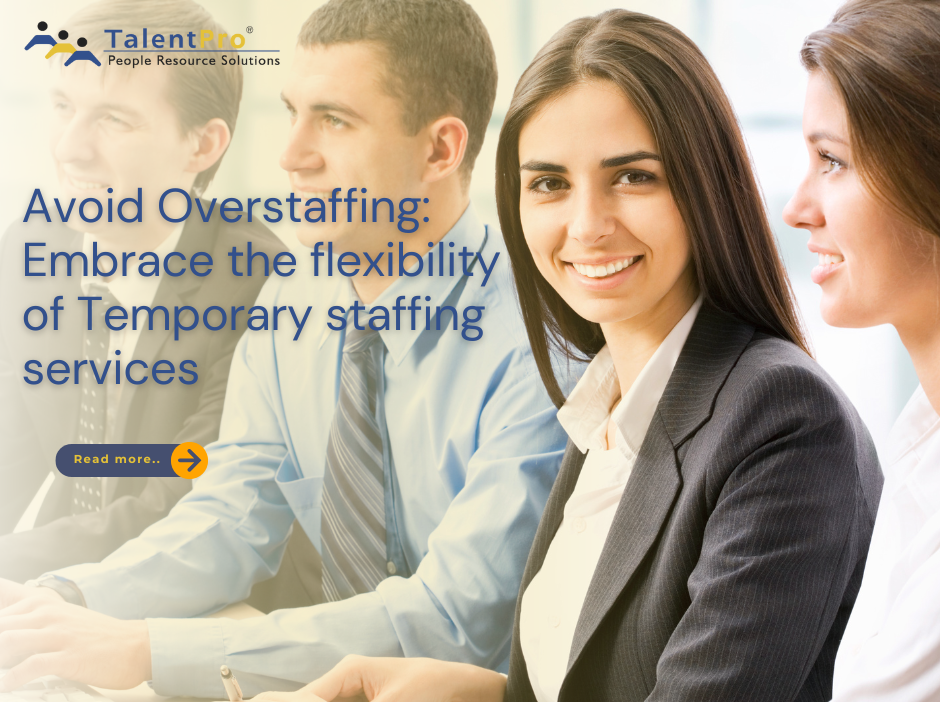An effective human resources department is essential for any company as it focuses on one of the most valuable assets a company can have—its employees. A poorly managed human resources department can lead to employee dissatisfaction and eventual failure, even for the best companies.
In every industry, the role of the human resources department is akin to that of a department overseeing other crucial aspects of the company. Just as specialized committees or advisors help with different areas, the HR department aids the overall well-being of employees.
To ensure success, companies must take their human resources endeavours seriously, both from an employee and managerial perspective. Here are key tasks that a proficient human resources department should adopt to excel in any company:
- Setting the mission and goals of the HR department
- Planning, organizing, and managing the HR department
- Measuring the effects of programs
In contrast, HR services are the daily activities to implement the strategies determined by HR practices. They allow the mission and goals of the HR department to be carried out. HR activities may include:
- Payroll
- Surveys
- Recruitment and selection
- Training and development
- Compensation and benefits
- Employee and labour relations
- Retention
- Safety and health
- Employee attendance and time off
- Overtime
Read more: (HR Industry Trends to Watch Out for in 2022)
Essentially, HR practices look at what an organization wants to do and why; HR activities address how.
When HR practices and HR activities are aligned, HR departments can thrive, and your company benefits. Optimum human resources involve an understanding and integrated approach to HR practices and HR activities. HR best practices involve the strategic operations of HR. They form the foundation and guidance for managing the company’s employees and should coordinate with the executive business plan. Some examples of HR practices include:
- Human Resource Planning and Development: The HR department should align its work closely with the company’s goals, identifying, developing, and executing strategies to meet the company’s objectives. By understanding the needs of the business and employees, HR leaders contribute to sustainable growth and goal achievement.
- Organizational Recruitment and Selection: Attracting and selecting the right candidates is a core function of HR. By building a desirable company brand and using effective sourcing techniques, HR can attract high-quality candidates to fill vacancies.
- Employee Career Assistance: Regular evaluations and performance assessments help HR leaders identify areas for improvement in employees’ performance. By assisting employees in their career development, HR can also identify potential candidates for future positions within the company, encouraging internal promotions.
- Legal Compliance: Staying compliant with state and national regulations is crucial for a company’s success. HR should stay updated on legal requirements and ensure the company adheres to them to avoid potential legal issues.
- Performance Leadership: HR plays a role in managing and leading employees, creating clear goals, providing feedback, and supporting employees’ needs.
- Advocate for Employees: Acting as advocates for employees, HR leaders promote a safe and healthy work environment, enhancing employee motivation, and satisfaction.
- Employee Incentives and Rewards: Rewarding good employees for their hard work with appropriate incentives and rewards boosts morale and motivates employees to excel.
- Organizational Health and Safety: HR ensures that the work environment is safe and adheres to health and safety regulations, protecting the well-being of employees.
- Employer and Employee Relationship: HR fosters positive employer-employee relations, addressing job satisfaction, engagement, and conflict resolution.
- Create a Positive Culture: By developing and reinforcing the company culture, HR contributes to employee satisfaction, engagement, and overall success.
- Employee Orientation: A well-designed employee orientation program helps new hires understand their roles, expectations, and how they contribute to the company’s goals, aiding in their adaptation and integration within the organization.
- Unlocking the Full Potential of Your Workforce: A Comprehensive Approach to Onboarding, Training, and Development.
- Investing in Training and Development: We believe in the value of nurturing talent from the early stages. That’s why we offer internship programs that provide young professionals with hands-on experience, reducing training costs while identifying potential long-term hires. Once we find ideal employees, we recognize that continuous training is essential to keep them at their best. With technology constantly advancing, we prioritize staying ahead of the curve by providing ongoing training initiatives to all our employees.
- Emphasizing Skill-Specific Training: While general training programs are valuable, we know that investing time and resources in skill-specific training is crucial. Our training modules are carefully tailored to align with the specific work requirements and company objectives. By honing the skills that directly contribute to our employees’ roles, we ensure that their efforts have a meaningful impact on the organization.
Read more: (What Makes TalentPro Your Best HR Business Partner)
At TalentPro, we firmly believe that investing in our employees’ growth is not just a best practice; it is a fundamental element of our success. By nurturing talent, focusing on skill-specific training, and catering to the aspirations of our workforce, we are committed to building a resilient, dynamic, and competitive team that will drive our organization forward into the future.
In summary, a competent human resources department is essential for any company to thrive. By adopting these key tasks, HR can contribute significantly to employee well-being, productivity, and the overall success of the organization.









